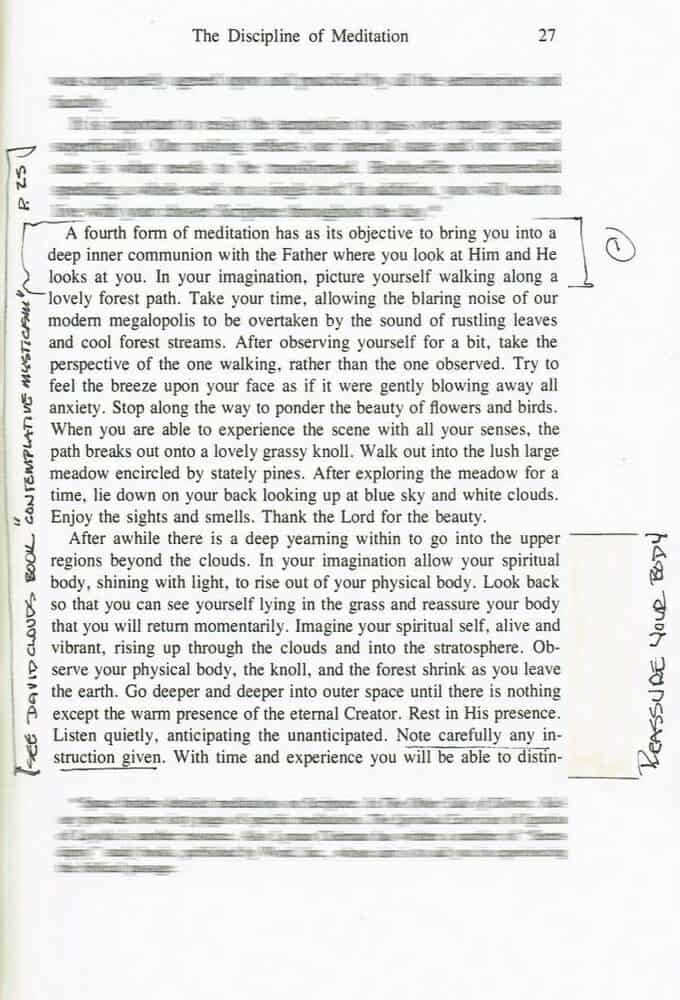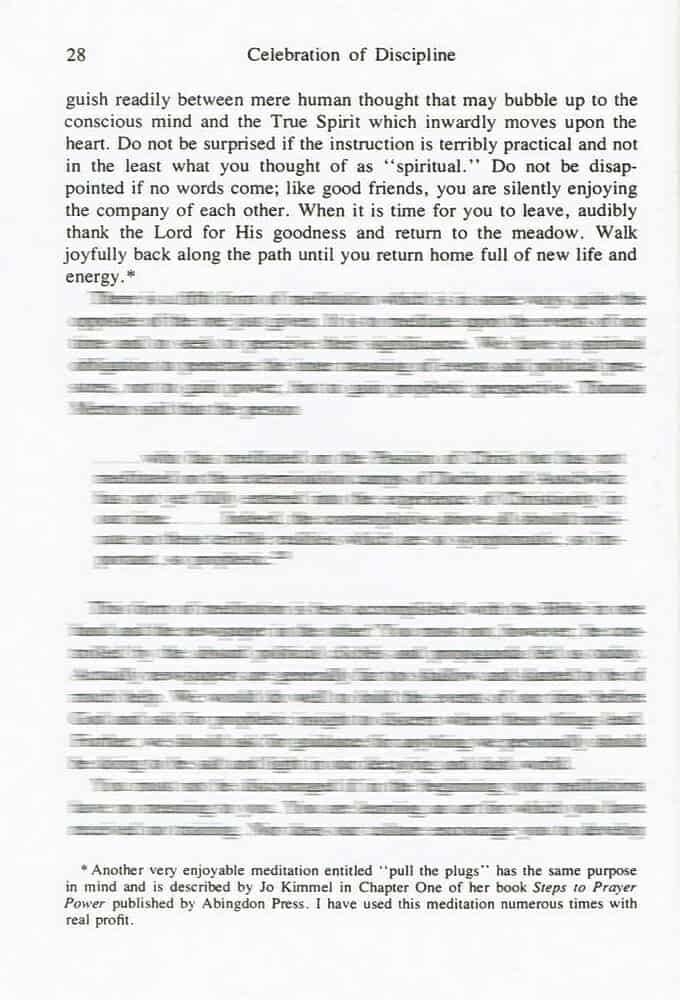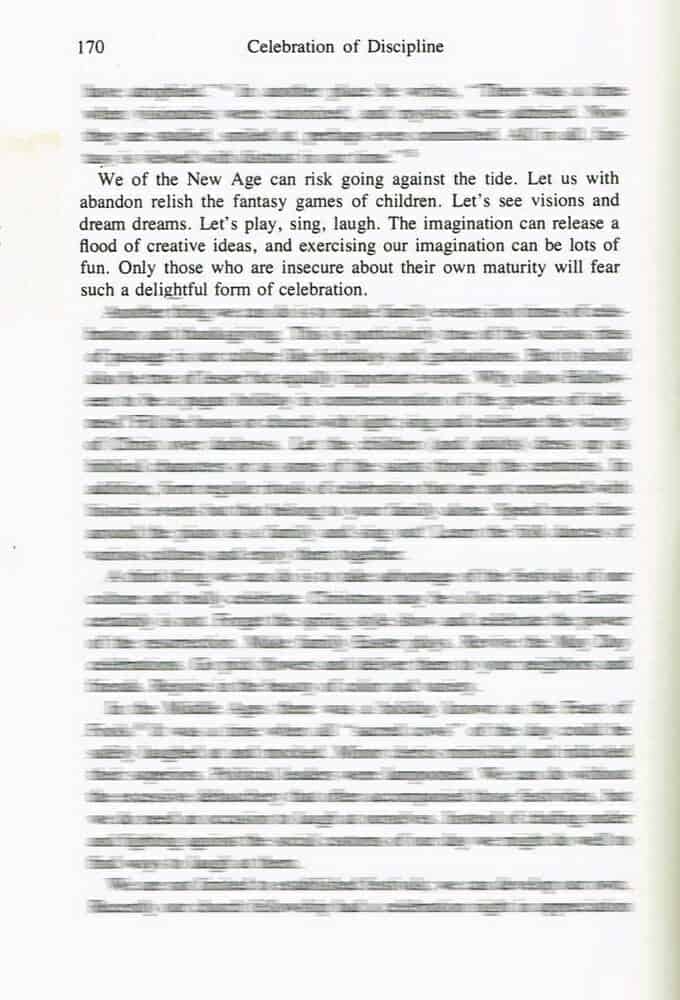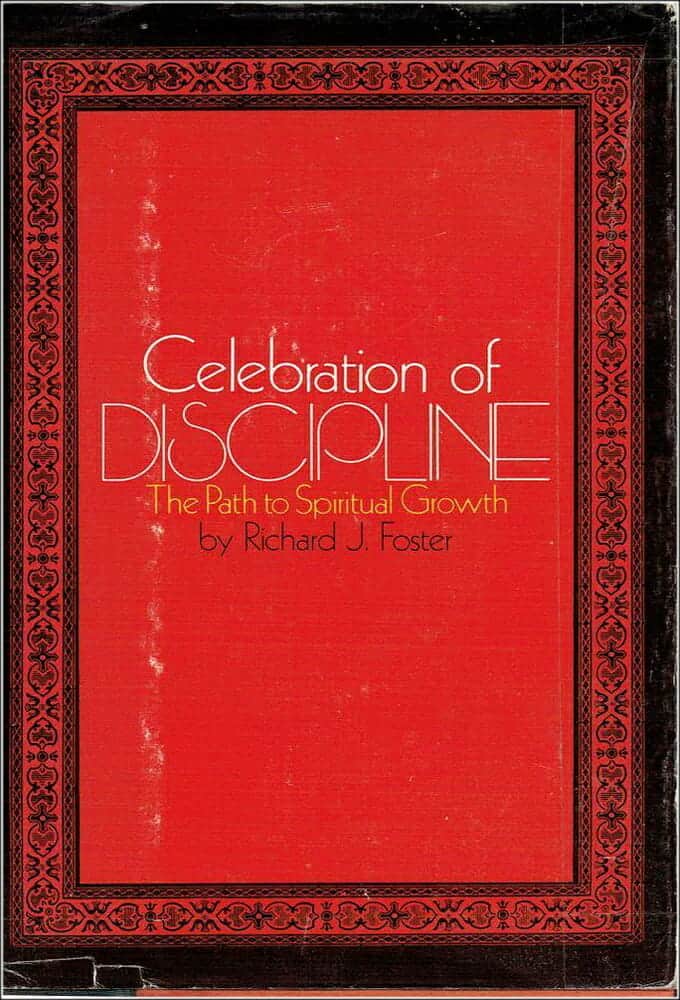(JUMP TO Richard Foster’s crap!)
A fellow bibliophile passes (updated tribute).
….Because Dallas wrote on spiritual formation and taught philosophy at the University of Southern California, one might think he came from a background associated with richness of education and culture and resources. In fact, he grew up in very poor circumstances in rural Missouri. His mother died when he was two; her last words to her husband were: “Keep eternity before the children.”
Because of impoverished conditions, Dallas grew up in a circle of different families; electricity did not come until he was mostly grown up.
He read a book by Jack London once that contained a passage describing the world from an atheistic point of view. Dallas said that he’d never known books could contain such thoughts and ideas, and his mind was never quite the same after that awakening. He was nine years old at the time.
He became an insatiable reader. He attended Tennessee Temple and did graduate work at Baylor before receiving his Ph D in philosophy from the University of Wisconsin-Madison and then teaching for nearly 50 years at USC, where for a time he was director of the philosophy department. His particular area of study was the philosophy of mind and logic, and he is regarded as a leading translator and authority on the work of the German phenomenologist Edmund Husserl. He was, along with scholars like William Alston and Alvin Plantinga, a significant influence in a renaissance of evangelical thinkers in contemporary academic philosophy.
His home, like his mind, was furnished mostly with books. He had a secondary library that occupied a second house; a tertiary library that filled his office at USC. After his diagnosis, a group of us packed up well over 100 boxes of books that only made it to his quaternary library in a nearby garage, books in multiple languages stretching from Homer to the present….
Take note that while a solid believing Christian can glean some practical wisdom and life organizing skills from Dallas Willard… this same Christian should be wary of Dallas’ theological bent. Dallas was off in his theology…he was a UNIVERSALIST in the mold of other Emergent theologians:
The short video (above) gives a critical eye into some thoughts of Dr. Willard, as well as this article by Bob DeWaay. SOLA SISTERS has some good commentary to “garnish the above:
Dallas Willard and popular author John Ortberg have teamed together to create a new product being launched right now called Monvee. What is Monvee? Monvee, which bills itself as “the future of spiritual formation,” is an online assessment tool that is used to “handcraft” a personalized plan for spiritual development for its participants. That sounds great, except that there’s a problem. And that problem, one of them anyway, is Dallas Willard.
Dallas Willard, for those who don’t know him, has been a darling of the evangelical world for years. He has been a prolific writer in Christendom, churning out very popular books such as The Divine Conspiracy (Christianity Today‘s Book of the Year in 1998), The Spirit of the Disciplines, Hearing God, Renovation of the Heart, and, most recently, The Great Omission. But Dallas Willard, though he is identified as an evangelical, is anything but orthodox in his views. In a recent interview, Willard made these shocking statements:
“Now, I believe that everyone who deserves to be saved will be saved no matter where they are or what they do.”
“(God) is open and in touch with everyone in the world, and for all who seek them with all of their heart—and that is defined in terms of coming to love Him, and not just have the right beliefs about Him—but coming to love Him, and loving their neighbor as themselves.”
And then on Dallas Willard’s own website, he makes this universalist statement:
“I am not going to stand in the way of anyone whom God wants to save. I am not going to say ‘he can’t save them.’ I am happy for God to save anyone he wants in any way he can. It is possible for someone who does not know Jesus to be saved.”
In these statements, Dallas Willard – a professing Christian, might I remind you – is making the classic argument put forward by all skeptics who don’t want to believe Jesus when Jesus said these words: “I am the way, the truth and the life, no-one comes to the Father but by me.” And that argument is this: what about the “good Buddhist” or the “good atheist?” I know that it feels good and more loving to think that God will save people, who to our eyes anyway, appear to be good, decent, moral people. Our error comes when we view this problem with human eyes, and not with God’s eyes. More importantly, we use our own standards for “good” to gauge a person’s “goodness” or “worthiness” rather than God’s holy standard.
[….]
So my final question is, if Dallas Willard is a Universalist, as it appears to me, where does that leave John Ortberg, his partner and co-creator of Monvee? And what does that make Monvee…..a good thing or a bad thing? We’ll look at that in more detail in an upcoming post.
The following [long] audios comes by way of Chris Rosbrough from PIRATE CHRISTIAN RADIO. They are — again — long, and allow the astute listener some insights into where the late Dr. Willard may have been missing the Gospel target.
But Dallas Willard is not the only person promoting some bad theology via New Age authors and books (like the below) and authors:
Dr. J.P. Moreland, Distinguished Professor of Philosophy for Biola, tells us in his 2007 book Kingdom Triangle that “spiritual formation should be studied…and insights gained should be implemented.” Then among the four books he would “invest” himself in “absorbing” is “Richard Foster’s Celebration of Discipline [which] has earned the title of a contemporary classic” (157).
Reformed theologian J.I. Packer says in the foreword of Spiritual Disciplines for the Christian Life, by Donald Whitney, said: “Ever since Richard Foster rang the bell with his Celebration of Discipline (1978), discussing the various disciplines has become a staple element of conservative Christian in-talk in North America. This is a happy thing” (9, emphasis mine).
(source)
I will explain why anyone recommending this work is either ignorant of it’s contents, or theologically soft on cults and the occult. Celebration of Discipline is a New Age book, here are some scans of a couple worrisome parts (CLICK TO ENLARGE IN ANOTHER TAB). Here are pages 27 through 28 from Richard Foster’s book:
And page 170 from the 1st printing (this was changed in later printings):




